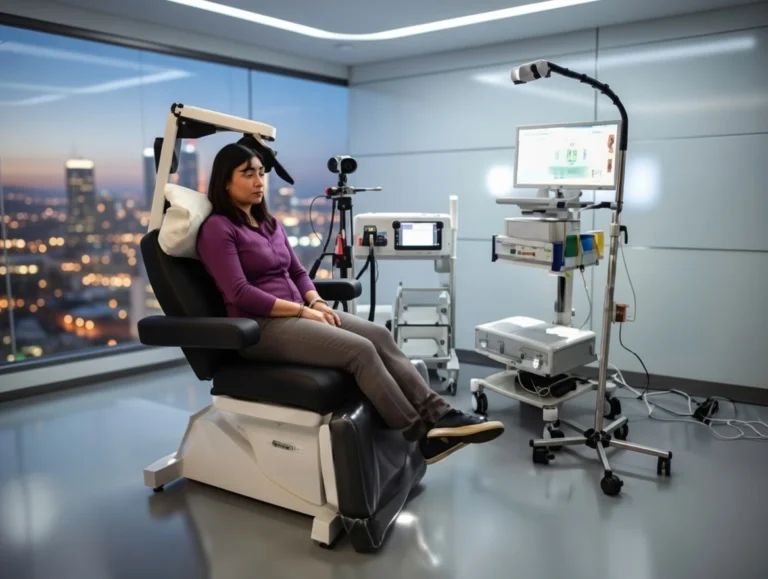
Kiyatec, a leader in functional precision oncology, has announced the publication of a key study in Scientific Reports showcasing the benefits of the 3D Predict Glioma test for high-grade glioma (HGG) patients. Titled “Functional Prediction of Response to Therapy Prior to Therapeutic Intervention Is Associated with Improved Survival in Patients with High-Grade Glioma,” the study provides strong evidence that the 3D Predict Glioma test can significantly enhance both progression-free survival and overall survival. By accurately predicting patient responses to standard chemotherapy, this test offers a promising advance in personalized treatment for HGG.
High-grade gliomas, including glioblastoma (GBM), are among the most aggressive brain cancers, with limited treatment options and historically poor prognoses. Despite advances in tumor understanding, treatment has remained largely static, typically involving radiation and temozolomide (TMZ). The 3D Predict Glioma test by Kiyatec introduces a personalized approach by assessing how patients’ tumor tissues respond to chemotherapy drugs like TMZ before treatment starts.
“Our study demonstrates that the 3D Predict Glioma test is not just a prognostic tool but a vital decision-making aid for clinicians managing high-grade gliomas,” said Dr. Analiz Rodriguez, MD, PhD, MBA, FAANS, the study’s lead author and Director of Neurosurgical Oncology at the University of Arkansas for Medical Sciences. “Patients whose tumors were predicted to respond to TMZ using our test experienced significantly longer progression-free and overall survival compared to those predicted not to respond. This test shows potential as a more effective tool than current clinical biomarkers, with the promise to transform glioma treatment.”
The prospective, observational study involved 102 patients with newly diagnosed high-grade gliomas from multiple U.S. centers. It found that patients identified as responders by the 3D Predict Glioma test had a median progression-free survival increase of 5.8 months and an overall survival increase of 7.6 months compared to nonresponders. These benefits were consistent across various subgroups, including GBM and MGMT unmethylated glioblastoma, a particularly challenging subgroup.
Remarkably, the test’s predictive ability was independent of traditional biomarkers like MGMT promoter methylation, which has guided glioma treatment for decades. This underscores the 3D Predict Glioma test’s potential to offer a more nuanced and accurate prediction of patient outcomes, leading to more personalized treatment choices and potentially directing patients to more effective therapies and clinical trials.
“The publication of this study marks a major milestone for Kiyatec and the field of functional precision oncology,” said Eric Perreault, CEO of Kiyatec. “Our 3D Predict Glioma test is setting the stage for a new era of individualized treatment for high-grade glioma patients, providing hope where it was previously scarce.”




